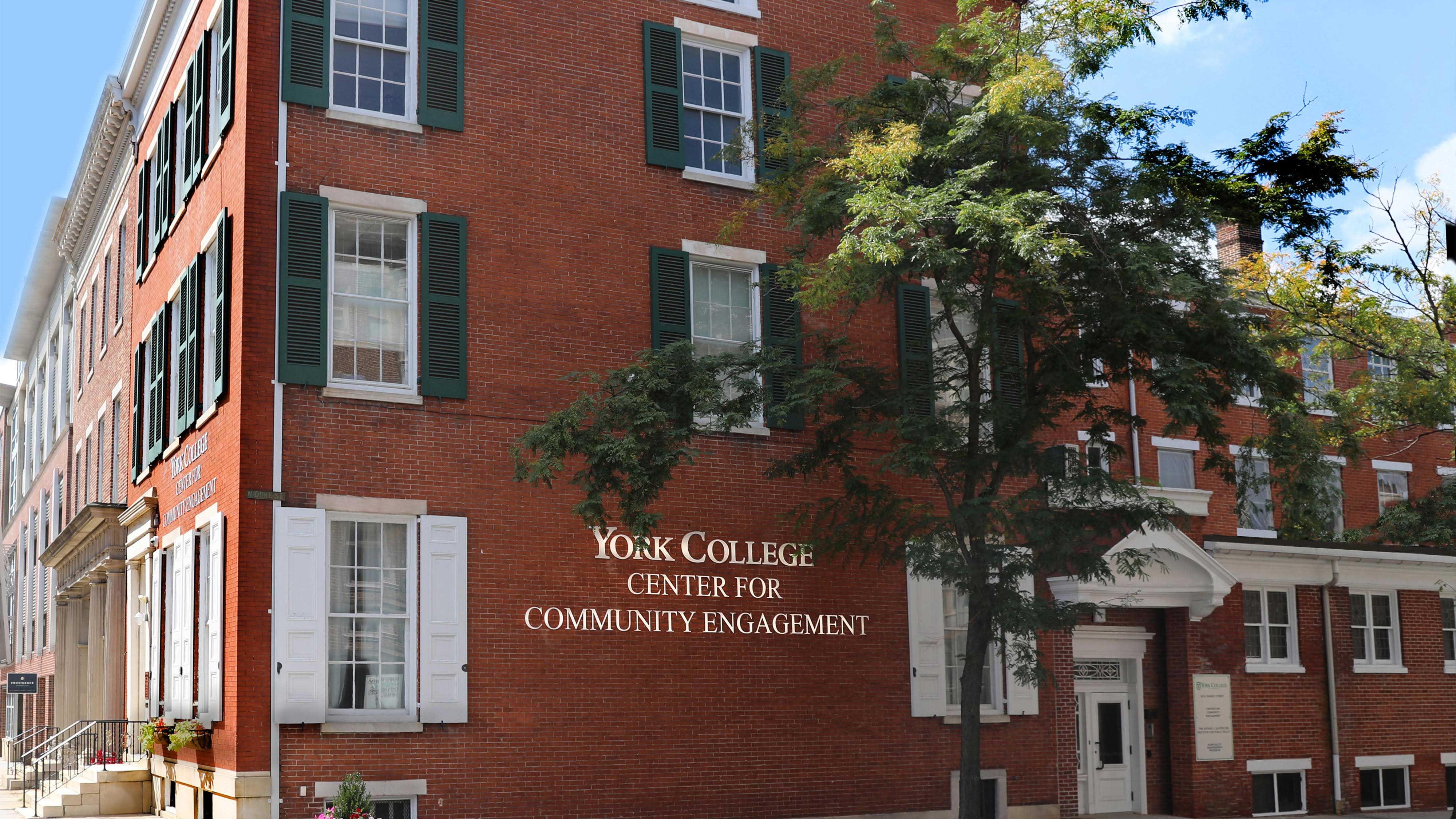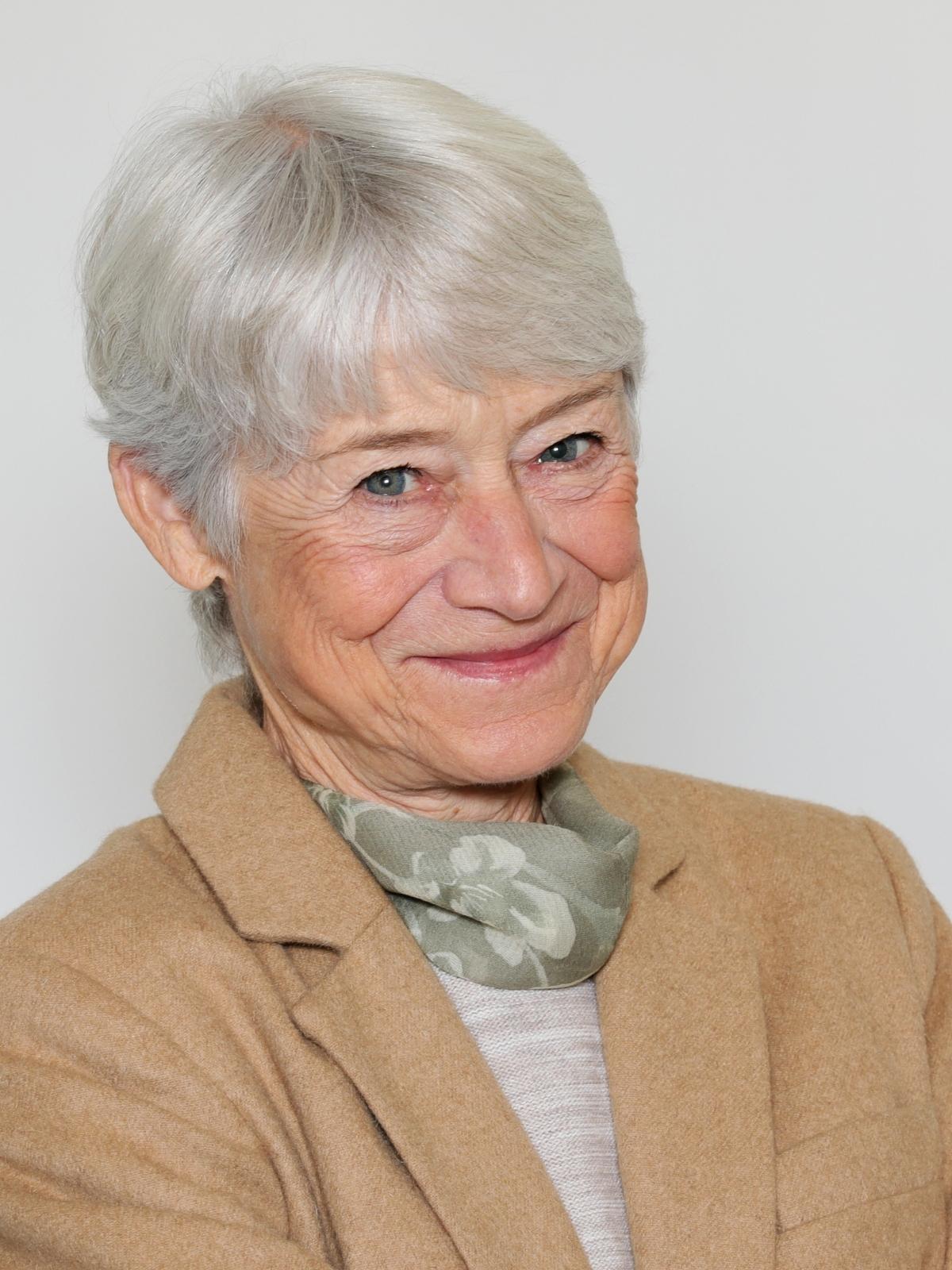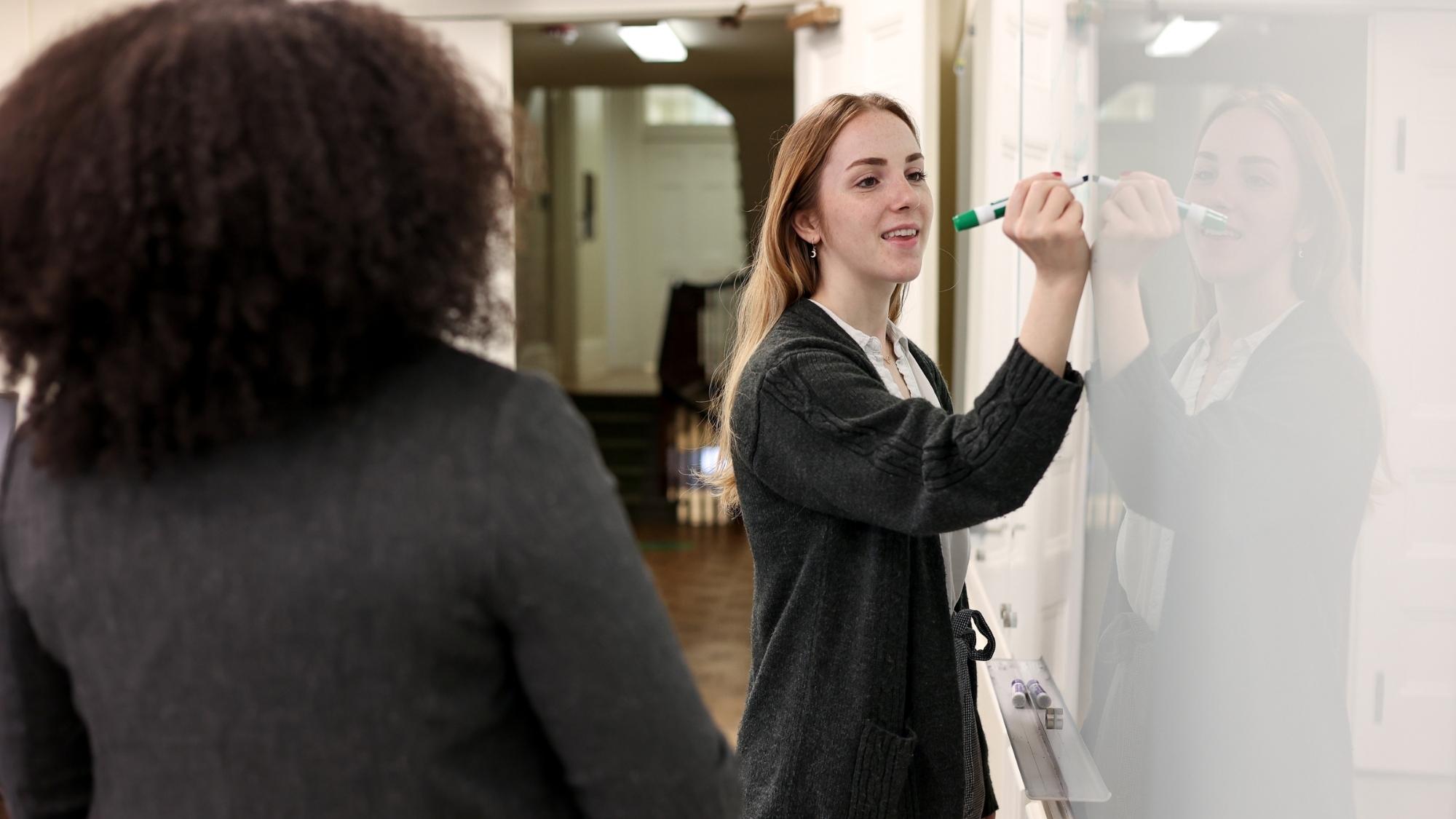The Urban Collaborative is a donor-supported initiative of the Center for Community Engagement (CCE).
It engages students and faculty from multiple disciplines in project-based research that tangibly supports an improved quality of life in York City.
The project will move from research to action steps to revitalize distressed real estate (residential and/or commercial) in York’s neighborhoods through the empowerment of, and support for, those who live in those neighborhoods.

Our values
The stability of a community is enhanced by home ownership and related economic opportunities for its residents.
Achieving economic mobility and equity requires a combination of educational, financial, and intellectual support.
Economic mobility is best achieved in partnership with residents — not top-down.
Academic institutions can support this work with reliable data and analysis.
This work is mutually beneficial for our students and the community.
Frequently asked questions
Working with York College’s MPPA program
York College’s Master of Public Policy and Administration (MPPA) program provides a fresh approach to public policy and public administration studies that combines a student’s past work, with the theoretical framework and practical experiences that will ensure they are able to succeed. Our students are prepared to take on leadership and problem-solving roles—within government, nonprofits, private sector, and advocacy organizations—that will develop and administer public policies for the 21st century. By educating students on the methods, techniques, and strategies within public policy and public administration studies, York College MPPA students will better understand the policy challenges and administrative problems facing their organizations or communities, and be able to develop appropriate and applicable solutions in response.
A note from our funder

Lisa Fast
Funder
I grew up in Towson, Maryland, but my dad’s business was in York, and that is where I had my first “paying” summer job. I went to college and law school in Massachusetts and practiced law there as well. Following my dad’s death in 2015, I found myself again in York, in part because of his businesses and in part because of the foundation that he started to support York College’s chemistry and engineering departments. It was through this work that I had the opportunity to meet President Gunter-Smith and eventually serve the College as a member of the Board of Trustees. I quickly fell in love with the college, its mission, and the genuinely caring environment that seemed to permeate the campus, from students to administration to faculty. I was particularly intrigued by what I heard about “project-based learning.”
I was soon visiting York almost monthly and began thinking about buying a small house in the city. To my amazement, some houses were on the market for $29,000; however, I soon learned that $29,000 really did not buy a roof over your head. One home I saw did not have a functioning kitchen and had a roof that was caved in causing the floor to collapse. For the next few weeks, I was haunted by the thought of how someone can have a chance at life when growing up without a safe and secure home.
I do not know all the causes of urban decline and decay, nor what complex set of solutions may be needed to turn the trajectory for York to a new and more promising future. But, I think engaging the York College Community in better understanding the City’s history, neighborhoods, and general decline will provide a framework to coordinate the collaboration between neighborhoods, educators, health care providers, businesses, government offices and agencies, for-profit and nonprofit organization, for a healthier, more prosperous, and more equitable city and future. It is my hope that the York College Urban Collaborative will be a vehicle to help power that future.
Contact us
If you would like to learn more about this project and how to get involved, contact Carly Legg Wood, Director of the Urban Collaborative, at Cleggwood@ycp.edu, or by filling out the form below.


